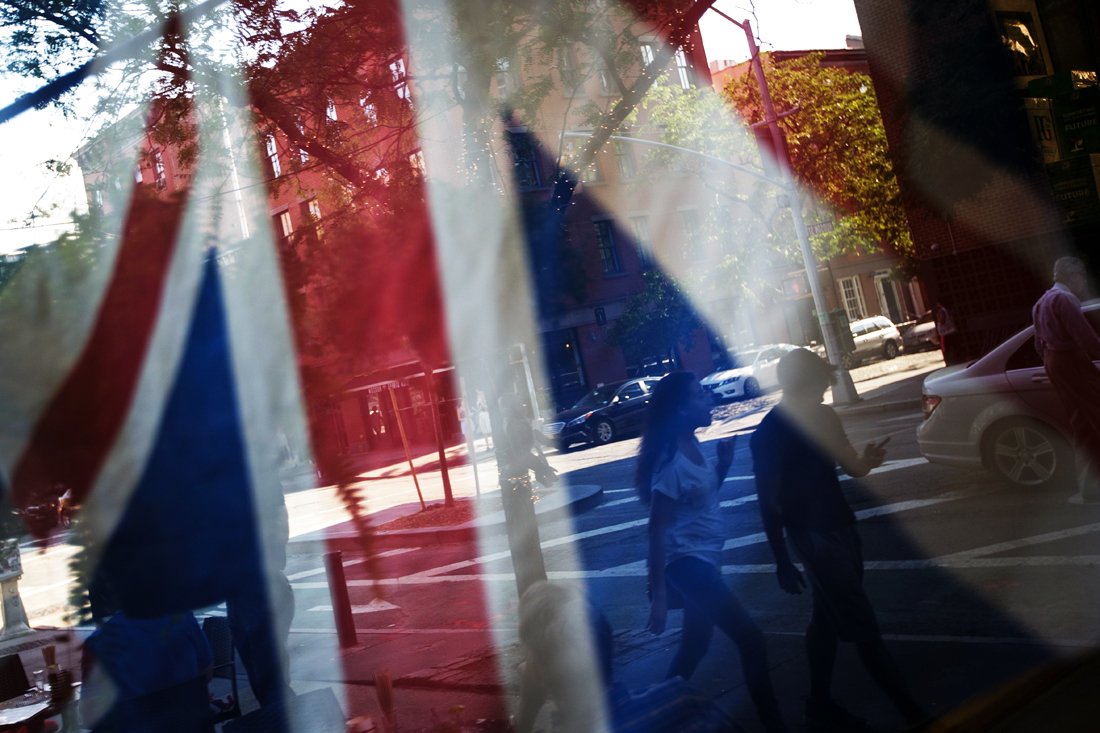
"This is a referendum in which a cosmopolitan socially liberal Britain was outvoted by a more socially conservative part of the country that is deeply concerned by immigration," polling expert John Curtice told the BBC.
Here are the key voting trends from Thursday's referendum:
Marine Le Pen hails Brexit, calls for French referendum
London, Scotland and Northern Ireland voted to remain in the EU but Wales and large swathes of England, particularly former industrial hubs in the north with many disaffected workers, backed a Brexit.
England backed "Leave" by 53.4 percent to 46.6 percent.
Scotland though backed "Remain" by 62 percent to 38 percent, prompting First Minister Nicola Sturgeon to say that a second vote on independence from Britain was "on the table".
Scotland voted in September 2014 by 55 percent to remain part of the United Kingdom.
Wales, which had been seen as a key bellwether for the national vote, voted for Brexit by 52.5 percent to 47.5 percent.
The capital Cardiff, however, backed "Remain", with 60 percent wishing to stay in the European Union.
Northern Ireland also voted "Remain" by 55.8 percent to 44.2 percent.
That immediately sparked calls from the Sinn Fein party, part of the power-sharing executive in Northern Ireland, to call for a vote on uniting with the Republic of Ireland.
Switzerland sets up Brexit hotline for worried citizens
Following the referendum vote, the border between Ireland and Northern Ireland will become the EU's only land border with Britain.
In Gibraltar, which has a border with Spain but is formally a British overseas territory, 95.9 percent of the votes were to "Remain".
The referendum also underlined the social and cultural gap between London and provincial England, Curtice said.
The result showed high rates of euroscepticism in Labour's former heartlands in the north and in farming areas in eastern England which have seen high numbers of arrivals of migrant workers from eastern Europe.
"Throughout the Midlands and the north of England the level of support for 'Remain' was well below what was required for it to win," he said.
Most of the British capital strongly backed Remain, with some areas voting as high as more than 78 percent to stay in the European Union.
Outer London boroughs, particularly less affluent ones, told a different story, however, with a strong vote for Brexit.
Northern England's biggest city, Manchester, and nearby Liverpool both voted in, but the poorer regions around them voted out.
UK PM Cameron says will step down by October after Brexit vote
There were also major divisions between predominantly pro-EU younger voters and more anti-EU older voters, but the key trend Curtice noted was the split by education level.
"One of the key messages of the opinion polls was that graduates were much keener on remaining than those with few, if any, qualifications. This is also clearly reflected in the geographical pattern of the vote," he said.
"In those places with most graduates the average level of support for Remain was 58 percent... whereas in those with fewest graduates it was just 39 percent".
The Independent newspaper said the results "show the gulf between a liberal metropolitan class and working class people worried about immigration; between those doing well from globalisation and those 'left behind' and not seeing the benefits in jobs or wages".
But it said the main split was "the chasm between the political class and the voters, who grabbed the free hit (Prime Minister David) Cameron unwisely handed them to give the ruling elite a kicking".
Trump hails Brexit vote on visit to Scotland
Prime Minister David Cameron's Conservative party, wracked for decades by strains over Europe, was split top to bottom by the referendum: his justice minister Michael Gove and former Tory London mayor Boris Johnson became the de facto leaders of the Leave campaign.
Opposition Labour party leader Jeremy Corbyn was widely criticised for his lukewarm campaigning for Remain, and failing to reach out and persuade working class Labour voters who opted for Leave in droves.
The Scottish National Party (SNP), the Liberal Democrats and the Greens were all officially on the Remain side and their failure to convince their voters in sufficient numbers cost the stay camp.
1732434981-0/BeFunky-collage-(10)1732434981-0-405x300.webp)





1732428810-0/Copy-of-Untitled-(3)1732428810-0-270x192.webp)
1732425487-0/BeFunk_§_]__-(42)1732425487-0.jpg)









COMMENTS
Comments are moderated and generally will be posted if they are on-topic and not abusive.
For more information, please see our Comments FAQ